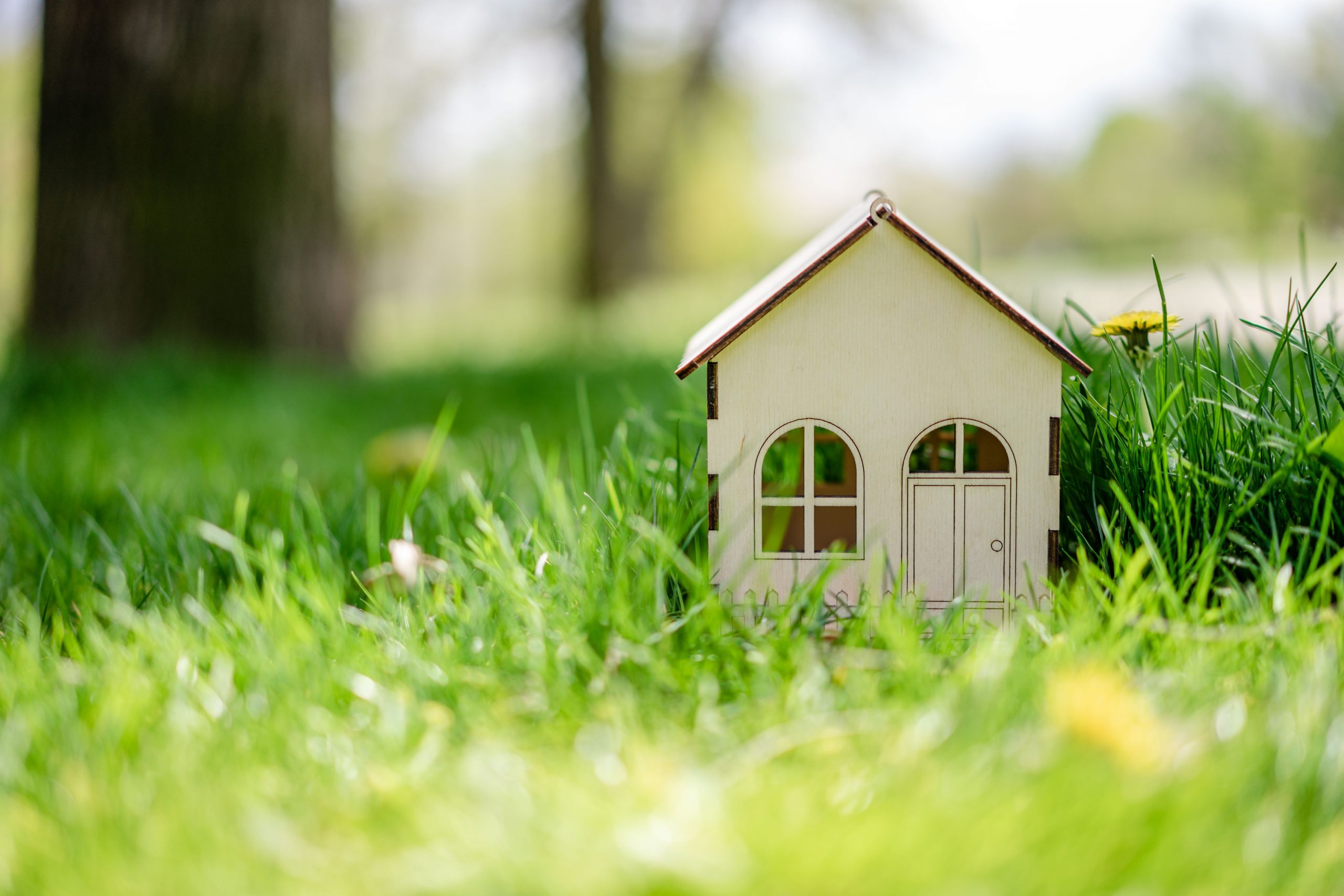In an era marked by increasing environmental awareness, making your home more eco-friendly is not only responsible but also a smart investment. Not only can you reduce your carbon footprint and contribute to a healthier planet, but you can also lower your energy bills and increase your property’s value. In this post, we will explore practical steps to transform your home into a more sustainable and eco-friendly haven.
Energy Efficiency Upgrades
- Install Energy-Efficient Appliances: Replacing old, energy-guzzling appliances with Energy Star-rated models can significantly reduce your electricity consumption. Look for energy-efficient refrigerators, washing machines, and HVAC systems.
- LED Lighting: Replace traditional incandescent bulbs with energy-efficient LED or CFL bulbs. These last longer, consume less energy, and provide excellent lighting.
- Smart Thermostats: Install a programmable thermostat that allows you to control your heating and cooling systems more efficiently. Many smart thermostats learn your preferences and adjust the temperature accordingly.
Harness Solar Power
Consider installing solar panels on your roof to generate clean, renewable energy. Solar panels can significantly reduce your electricity bills and even allow you to sell excess energy back to the grid. Many governments also offer incentives and tax breaks for solar installations.
Efficient Insulation and Windows
Proper insulation can make your home more energy-efficient by preventing heat loss in the winter and keeping your home cool in the summer. Ensure your walls, attic, and floors are well-insulated. Additionally, upgrade to energy-efficient windows to minimize heat transfer.
Sustainable Building Materials
When renovating or building, opt for sustainable materials like bamboo flooring, reclaimed wood, and recycled glass countertops. These choices not only look great but also reduce the demand for virgin resources.
Water Conservation
- Low-Flow Fixtures: Install low-flow showerheads, faucets, and toilets to reduce water consumption without sacrificing comfort.
- Rain Barrels: Collect rainwater in barrels to use for watering your garden, reducing your reliance on potable water.
- Native Landscaping: Plant native species in your garden that require less water and maintenance, contributing to biodiversity and reducing the need for chemical fertilizers.
Reduce, Reuse, Recycle
Implement a recycling system in your home, and be mindful of reducing waste. Consider composting organic materials to divert them from landfills. Reduce single-use plastics by using reusable bags, containers, and bottles.
Energy Audits
Schedule a professional energy audit to identify areas where you can improve your home’s energy efficiency. They can provide personalized recommendations and help you prioritize upgrades.
By making conscious choices about energy consumption, water usage, and sustainable materials, you can reduce your ecological footprint and lead the way toward a greener, more sustainable future. Start small and gradually implement these changes to make your home a model of eco-friendliness for years to come.

 Facebook
Facebook
 X
X
 Pinterest
Pinterest
 Copy Link
Copy Link



